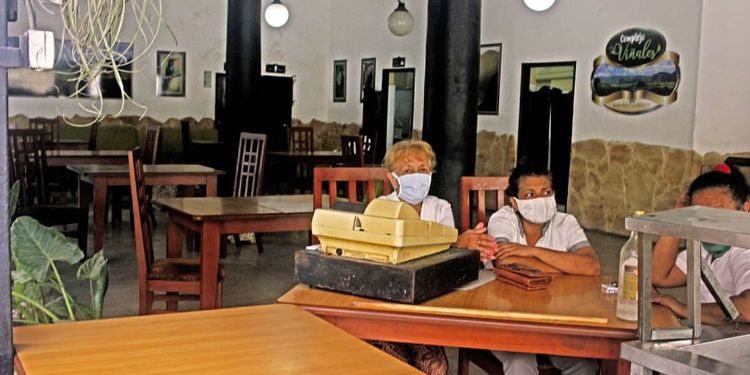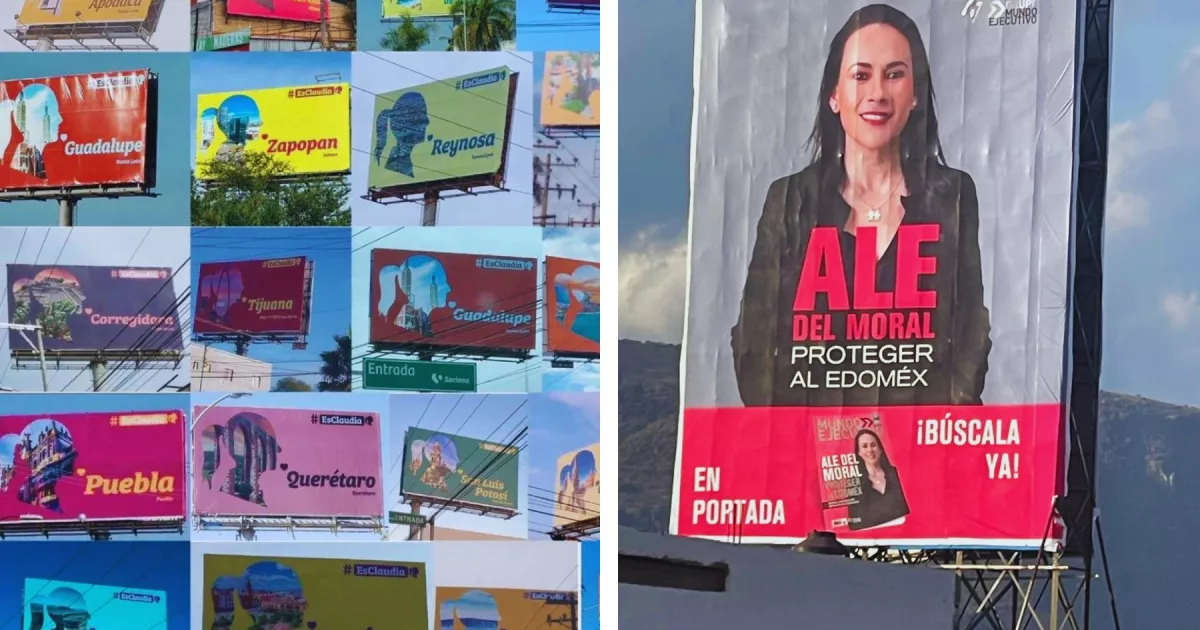Havana Cuba. – There is no bread, not even the patrimonial cassava, but the Cuban regime dares these days with a new edition of the controversial Cuba Sabe culinary festival, an event that, from the Paradiso Cultural Tourism Agency, is coordinated by Lis Cuesta Perazawife of the current ruler, Miguel Díaz-Canel.
Sponsored mainly by the Ministries of Tourism and Culture, in addition to the Chinese Embassy in Havana (the country to which this edition is dedicated) and the Iberostar hotel chain, the new episode that repeats the Grand Packard Hotel as its main headquarters will have its activities , workshops, conferences and banquets between the 12th and 14th of January.
The announcement was widely publicized in some of the media related to the Cuban regimehowever, there has been a certain moderation in talking about the subject on national radio and television, as well as in the main official newspapers, perhaps to avoid throwing more fuel on a fire where what is cooked is not exactly abundant food but much Popular discomfort and rejection of an economic management that, for decades, has only generated hunger, general shortages and, therefore, the extinction of practically all of the island’s culinary traditions.
At street level, due to the almost nonexistent amount of information, very little is said about this paradox (that of financing an event to talk about flavors, foods and culinary traditions where they are scarce), but those who have been immersed or aware of the celebration, among them the workers of the tourist facilities involved, do not stop describing as a mockery what undoubtedly it is, especially when one of the weak points of the cuban tourismperhaps among the first in a list that grows longer every day, is precisely the poor quality of the gastronomy, as well as the limited variety of local and international dishes that are served even in “luxury” hotels such as the Grand Packard itself. .
And as sufficient proof, for those who know nothing about the Cuban reality, would be the numerous negative comments left by guests and tourists, both national and foreign, on sites like TripAdvisor, but those who want to save research time and have had the experience of “bad taste in the mouth”, they will only need to review the memory of their own palate as they pass through any of the restaurants, cafeterias and bars in Cuba, especially the state ones, to conclude that Cuba Sabe 2023 is, beyond a pretentious event , another joke of a government that only has left as a salvation resource to extend the smoke screen to camouflage everything that is not going well at all.
Because that is what Cuba Sabe is about—simulation, promotional deceit—in a political-economic context where troubles reign in perpetuity, especially when it comes to a country where the population is forced to fight in hellish queues for scarce and rationed food, while an elite associated with power is privileged, thus using access to food as an evident method of political-social control. And there is no better evidence for such an affirmation than the marked difference between skinny and paunchy, between starving ordinary people and overfed honchos.
Cuba Sabe could be like the luxury crockery in the showcase of the shamed and presumptuous poor, while empty and dusty it serves only as an ornament for photos. But much more gives the impression of being a fairground trick, illusionism and scam for ignorant tourists than what has really happened to Cuban gastronomy in these almost seven decades of absurd prohibitions rather than scarcity, while the Cuban table was emptied (rather looted) by that barrage of policies in which pleasure and abundance were qualified by the communists as “vices of capitalism” and, consequently, punished as synonymous with “bourgeois”.
In reality, the history of our national cuisine has been a true succession of malicious, insane, failed, anti-cultural policies and, in this sense, a history of perpetual tragedies, included among them perhaps as one of the most lamentable, the disappearance of the culinary traditions of the Chinese-Cubans, largely as an effect of the expropriations of private businesses that made this community so peculiar and picturesque.
There is the ghost of whatever it was Chinatown before 1959 to verify the magnitude of the disaster, and as further proof of how many hypocrisy and perversity there is in dedicating Cuba Sabe to a kitchen that was condemned to extinction.
Today in the so-called Cuchillo de Zanja it is very difficult to taste a simple spring roll or any of the fried foods, vegetables, fish, shellfish and ice cream that more than half a century ago distinguished the Chinese stalls and inns in all Cuban cities.
The same has happened with each distinctive chapter of our gastronomy -the indigenous, the Spanish, the African-, which has ended in this miserable present time where they not only sell us “chicken for fish” but also condemn us to drink roasted pea powder for coffee, as well as gulping down strange preparations that only by virtue of custom do we risk calling “picadillo”, “croquettes” or “mortadella” when in truth they seem like anything but food for human beings.
In these more than 60 years, forced to fill our stomachs with whatever appears, without paying too much attention to flavors and personal tastes, traditions and roots, we Cubans have lost the notion of what it is to eat for true pleasure, and even that of eat healthy, and as an act of choice.
Eating in Cuba is a true ordeal and the entire island tastes and smells of pure acts of survival. From prices that not even in the humblest cafeteria are within the reach of the best of state salaries to the discriminatory policy that some establishments for foreign tourism have surreptitiously resumed where the Cuban client is rejected because, apparently, both he and his pocket loaded with Cuban pesos subtract “category” from the environment.
But beyond the luxury hotel where perhaps the stench of bad food is hidden with strong doses of air freshener, rancid smells surround us in the places where the “best” food is eaten in Havana, just as the meat in poor condition never ends. in the garbage but in the bread with croquettes or the yellow rice that the neighbor so “kindly” gives us or the chef suggests while the waiter, in whispers, tells us of worse things, such as people who have eaten cats and stains, either consciously or under deceit.
If Cuba, only in matters of gastronomy, tastes and smells of something special, it is nothing other than those abuses that we suffer daily, beyond the “tourist apartheid”, both national and foreign, and they are the terrible service , the bad elaborations and the instability of the offers, even where the news reports that things are “going well”.
Forced to eat poorly, with hunger almost like a mark in the genes, the Cuban, contrary to what some say, he is not obsessed with food, but desperate because of hunger, and in the best of cases anguished for having spent days, months, years without the possibility of ever freely choosing his snack. So the Island tastes bad to us, that is, very far from what Cuba should taste, from the halls of the Packard Hotel, in the mouth of Lis Cuesta Peraza.
Today Cuba does not have bread or cassava. Cuba without pork on our tables, without cassava and corn, without fish and shellfish, without the glass of milk and without the morning coffee, without the memory and legacy of what was once our kitchen, it tastes of absence.
OPINION ARTICLE
The opinions expressed in this article are the sole responsibility of the person who issues them and do not necessarily represent the opinion of CubaNet.
Receive information from CubaNet on your cell phone through WhatsApp. Send us a message with the word “CUBA” on the phone +525545038831, You can also subscribe to our electronic newsletter by giving click here.





